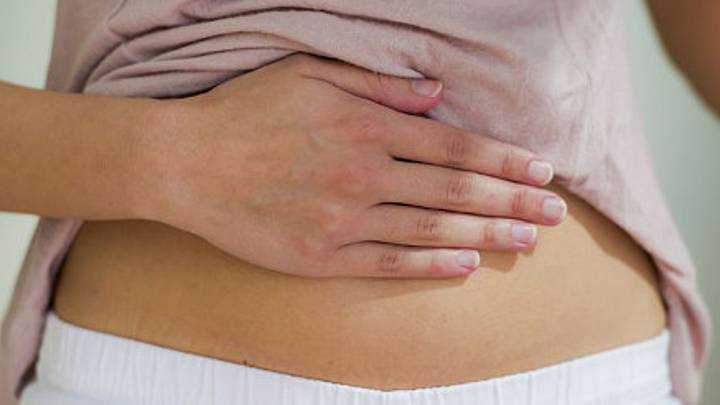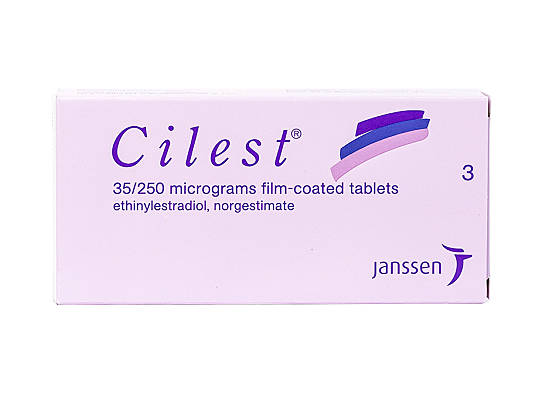Side Effects of the Morning After Pill

Medically reviewed by
Dr Babak AshrafiLast reviewed: 06 Jun 2023
What side effects could be experienced?

Side effects of the morning after pill
Both types of morning after pill (levonorgestrel and ulipristal) can cause side effects in some women. The most common of these are mild and include abdominal cramps, nausea and changes to your menstrual cycle. After taking the morning after pill your period may arrive earlier or later than expected, and your bleeding may be heavier than usual. You may also experience spotting (random light bleeds) before your next period.
The side effects of any morning after pill should not last long, and should not be serious. If side effects last more than a couple of days or if you feel any severe abdominal pain, contact your GP straight away.

No results found.
Please check your spelling or try another treatment name.
Side effects of emergency contraceptive pills (Prevenelle and Norvelo)
Pills containing levonorgestrel, or a synthetic version of progesterone, are taken up to 72 hours after unprotected sexual intercourse (3 days) and can have mild side effects.
The most common of these, affecting more than 1 in 10 women, are:
- headache
- nausea
- lower abdominal pain
- fatigue
- intermenstrual bleeding
Less common side effects, affecting roughly 1 in 100 women, include:
- dizziness
- diarrhoea and vomiting
- delay of menses of more than 7 days or irregular menstruation
- breast tenderness
Read the patient information leaflet for a full list of side effects. If you find your period is more than 5 days overdue, you should do a pregnancy test.
Important to know: If you vomit within 3 hours of taking Prevenelle or Norvelo, or if you get severe diarrhoea you need to consult your GP or pharmacist as soon as possible. It is possible that the pill has not been absorbed completely. In that case you will need to take another one.
Side effects of ellaOne
ellaOne, or the ulipristal pill, can be taken up to 120 hours (5 days) after unprotected sex. Due to the composition of the tablet, it is associated with a few more side effects.
Common side effects of ellaOne, affecting 1 in 10 to 1 in 100 women, include:
- changes in mood
- headache
- dizziness
- nausea, vomiting
- abdominal pain
- fatigue and muscle ache
- breast tenderness
- pelvic pain
- irregular menstruation
This is not a comprehensive list of side effects. Check your patient information leaflet for the full list of reported side effects for both types of pill. If you should develop any symptoms that cause you concern, consult with your doctor straight away.
Can the morning after pill interact with other medications?
Yes, both types of morning after pill can interact with certain drugs. These include conventional treatments for HIV and epilepsy and certain herbal remedies such as St John's Wort. This interaction may not cause side effects but can stop one or both medications from working properly.
If you take ellaOne while taking a regular contraceptive pill, you may also find this can affect your regular pill's efficacy before your next period. Use another form of contraception, such as condoms, until your next period begins.
It's always important to let your healthcare provider know of any medications, herbal remedies or supplements you take when you get the morning after pill. They will assess your suitability to take the morning after pill and prevent interactions from happening.
Can I lessen the side-effects of the morning after pill?
The most common side effects (headaches and cramps) can be treated with common over the counter medications such as paracetamol and ibuprofen. If you have a sensitive stomach and are prone to diarrhoea or nausea, you should take the pill with a meal and drink plenty of water to lessen these effects.
Will the morning after pill change my periods?
Yes. Many women experience changes to their period after taking either type of morning after pill. Common changes include lighter or heavier bleeding, earlier or later start and finish dates and spotting between periods. If your period is exceptionally painful or comes more than 5 days later than it should, you should consult your GP and do a pregnancy test.
Can the morning after pill cause an ectopic pregnancy?
The morning after pill works by preventing ovulation. If ovulation has already occurred, then there is still a chance you can become pregnant.
If you take levonorgestrel and become pregnant, you must consult with your doctor to rule out an ectopic pregnancy. Women at risk of ectopic pregnancies (previous ectopic pregnancies or salpingitis) should avoid taking levonorgestrel. Ectopic pregnancies can be both painful and dangerous, and if you suspect you are pregnant following the morning after pill, you should consult your doctor immediately.

Babak studied medicine at King’s College London and graduated in 2003, having also gained a bachelor’s degree in Physiology during his time there. He completed his general practice (GP) training in East London, where he worked for a number of years as a partner at a large inner-city GP practice. He completed the Royal College of GPs membership exam in 2007.
Meet our doctorsLast reviewed: 06 Jun 2023
-
https://www.ifpa.ie/factsheets/emergency-contraception/, accessed in April 2023
-
https://www.hpra.ie/, accessed in April 2023
-
https://www.medicines.org.uk/emc/files/pil.6657.pdf, accessed in April 2023









